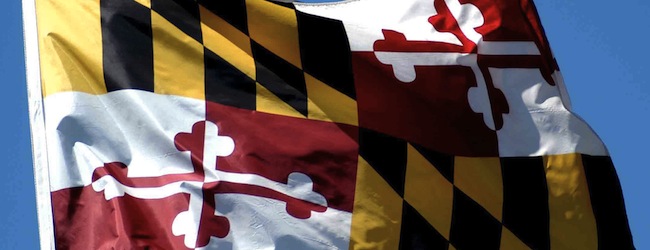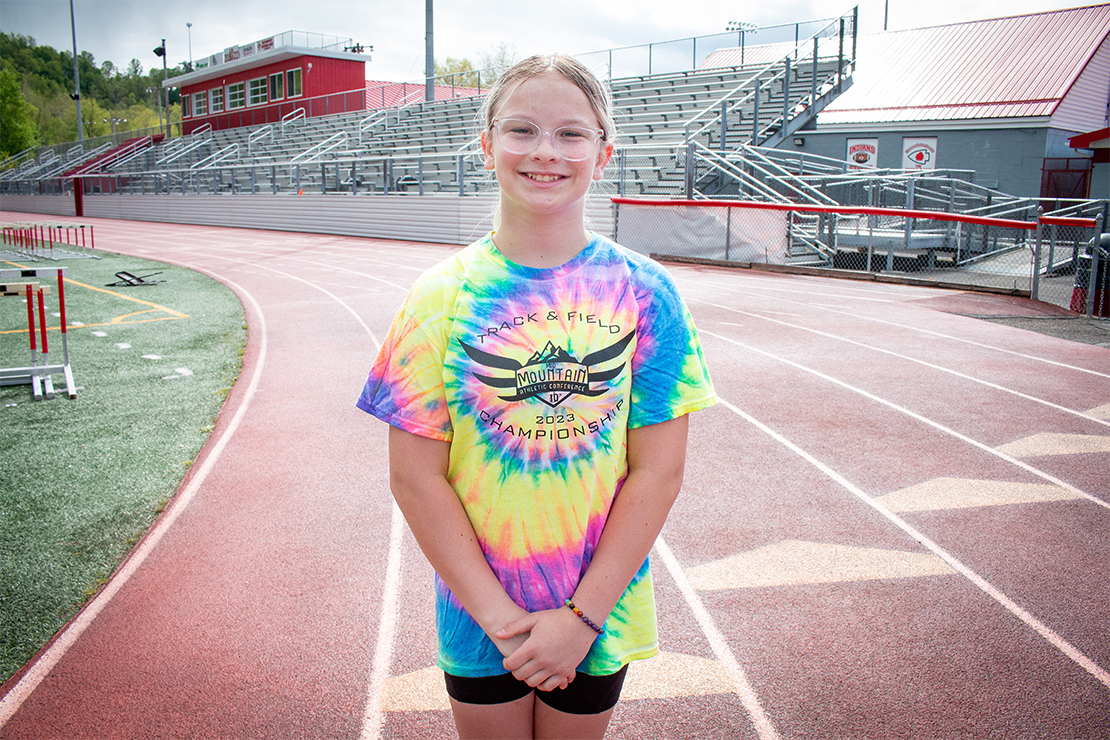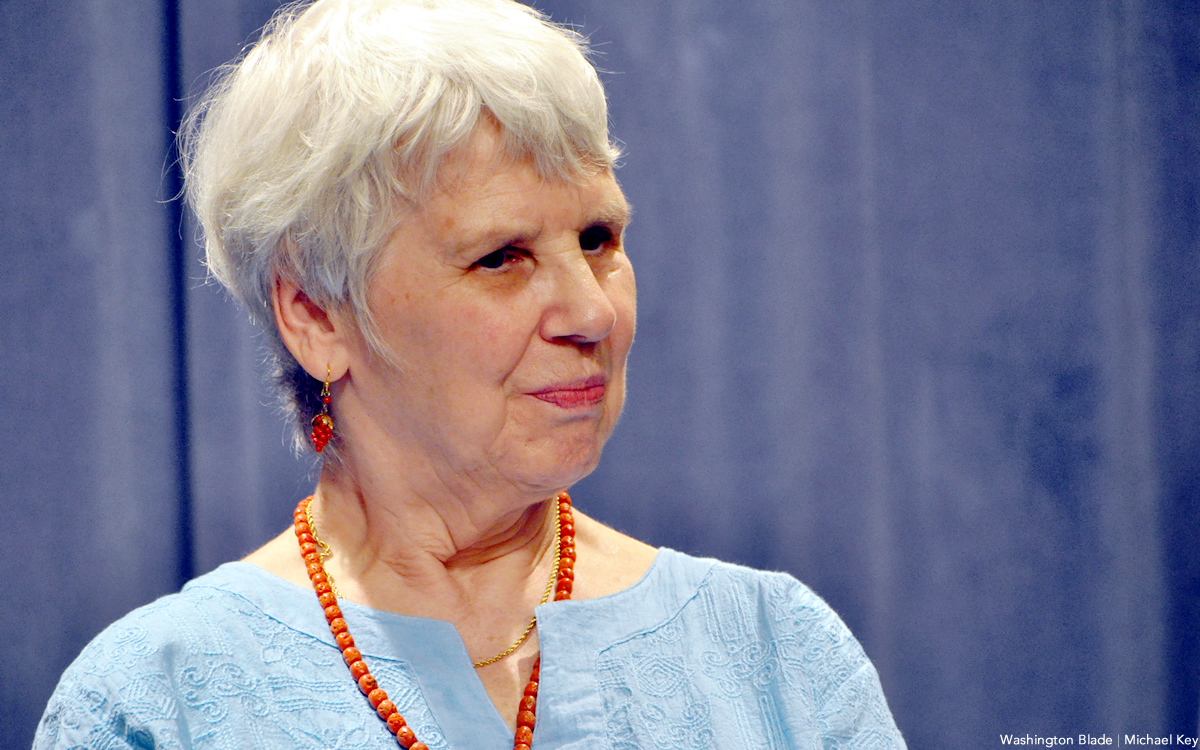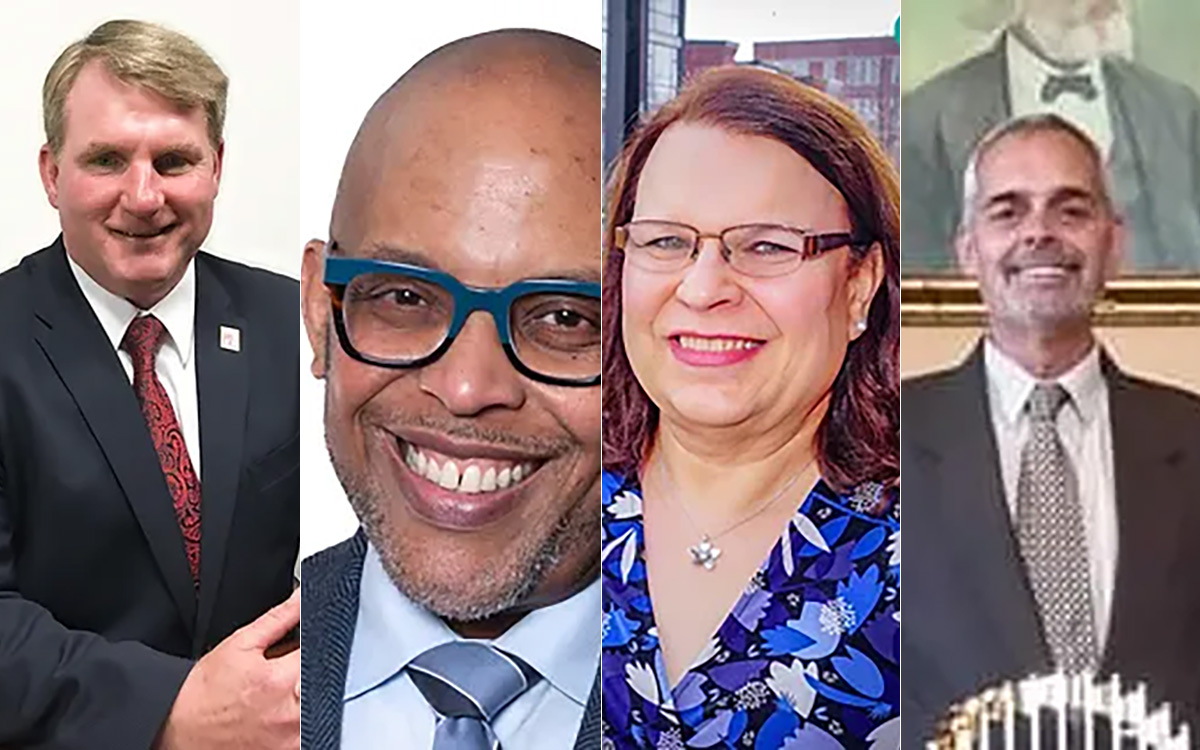Local
Marriage, trans bills get boost in Md. House
Valentine’s Day picked for lobbying on both measures

The same-sex marriage and transgender non-discrimination bills pending in the Maryland legislature cleared another hurdle last week when the speaker of the House of Delegates appointed a majority of supporters of the two bills to the committees that must first approve them.
House Speaker Michael Busch (D-Anne Arundel County) had been expected to retain a majority on the House Judiciary Committee in favor of the marriage equality bill as he has in past years, and did so again on Dec. 29.
But officials with Equality Maryland, the statewide LGBT advocacy organization, were less certain about the makeup of the House Committee on Health and Government Operations. That panel has jurisdiction over a pending bill that would ban employment discrimination based on gender identity and expression, which would protect transgender people. In past years, the panel has not taken a vote on the transgender bill.
Equality Maryland Executive Director Morgan Meneses-Sheets said the group was delighted with Busch’s decision on Dec. 29 to also name at least 13 supporters of the transgender measure to the 23-member Health and Government Operations Committee. The action ensures that the bill will be reported out of committee for an up or down vote in the House of Delegates.
In early December, a majority of pro-marriage equality members were named to the Maryland Senate’s Judicial Proceedings Committee, ensuring for the first time that a same-sex marriage measure would clear that key panel and reach the Senate floor for a vote. Up until now, the Judicial Proceedings Committee has blocked the marriage bill from coming to a floor vote.
“We want to move the marriage bill first in the Senate and the gender identity bill first in the House,” Meneses-Sheets said in discussing the timetable planned for the bills among a coalition of supporters.
She said further refinement of the timetable for moving both measures was to be discussed Wednesday in a conference call between Equality Maryland officials and all seven members of the legislature’s gay and lesbian caucus.
Similar to past years, Meneses-Sheets and others advocating for the two bills believe there appear to be enough votes to pass the marriage bill in the House. Supporters in the Senate believe they have the 24 votes needed to pass the marriage bill on an up or down vote but were less certain over whether they have the 29 votes needed to stop an expected filibuster by same-sex marriage opponents.
“The question is whether we can get cloture to break a filibuster,” said Sen. Jamie Raskin (D-Montgomery County), who supports both the marriage equality and transgender non-discrimination bills.
“That’s the mystery at this point,” he said.
Raskin said he was not familiar enough with the positions of his colleagues on the transgender bill to predict its outcome other than to say he sees support growing for that measure.
Sen. Richard Madaleno (D-Montgomery County), who is gay, said on Wednesday he’s more confident in the prospects for the marriage bill.
“I have never been so optimistic about getting this done,” he said. “Today at lunch I sat quietly by myself with a list of the members of the new Senate going over again and again in my head where the votes are, and I’m feeling really good right now both for the floor vote and the cloture vote.”
Madaleno is among seven out gays and lesbians now serving in the Maryland legislature — one in the Senate and six in the House — who said they will push hard from the inside to pass both the marriage and transgender rights bill.
Meneses-Sheets said Equality Maryland has scheduled a lobby day for Feb. 14 on Valentine’s Day, where the group hopes large numbers of LGBT Marylanders and their straight supporters will come to the state capital in Annapolis to push for both bills.
She said the group is inviting LGBT people to bring family members with them to the all-day lobbying event, with the intention that they visit the offices of members of the Senate and House of Delegates from all parts of the state.
“We’re so close that it will take just a handful of votes to push this through,” she said of the marriage bill. “The electorate is with us on this. The young voters are with us on this issue.”
Concerning the transgender bill, she said its prospects “look good on the floor of the House” but “there may be challenges” in the Senate.
Among the challenges, she noted, are arguments by opponents that a transgender non-discrimination measure would enable men dressed as women to harass women in women’s bathrooms in public places.
Transgender activists have disputed the so-called “bathroom” argument, which usually surfaces when transgender non-discrimination legislation is introduced.
Mara Keisling, executive director of the National Center for Transgender Equality, has said no reports of women being targeted in bathrooms have surfaced in any of the states, cities or counties where transgender non-discrimination laws have been adopted.
“It’s a myth,” she said.
“We need to persuade people that you should be judged on the merits when it comes to your job,” said Meneses-Sheets. “It’s an economic issue.”
She said Equality Maryland is bringing on three more full-time staff members to work on the two bills beginning Jan. 12, when the Maryland General Assembly opens its 2011 session.
The session lasts for just 90 days, a development that LGBT activists say gives them only until April 11 to secure the passage of the marriage and transgender rights measures.
“We have a lot of work to do in a short time,” said Meneses-Sheets.
Madaleno said that under the longstanding practice in the General Assembly, nearly all important or controversial bills don’t come to a final vote until the last two or three weeks of the session in April.
A late passage of both the marriage and transgender rights bill would make it more difficult for opponents to collect the required signatures for a referendum to kill the bills. Nearly all observers of the General Assembly expect opponents to take out petitions to call a referendum, which would stop the bills from taking effect until after voters decide on the issue — assuming the required number of petitions is obtained.
Under the state constitution, one-third of the required number of petition signatures must be obtained by the end of May and the remainder of the signatures needed must be collected by the end of June. The gathering of petitions cannot begin until both houses of the General Assembly passes a bill being challenged. That means it would be to the advantage of supporters of the two bills to wait until the end of the session to pass them.
The number of signatures needed is three percent of the qualified voters in the state based on the total number of votes cast in the most recent election for governor.
West Virginia
Appeals court strikes down W.Va. transgender athlete ban
Ruling finds law violates students’ constitutional rights, Title IX

BY LORI KERSEY | The 4th U.S. Circuit Court of Appeals has struck down West Virginia’s ban on transgender athletes, finding the law violates trans students’ rights under the Equal Protection Clause of the constitution and Title IX, a federal civil rights law prohibiting discrimination based on sex in education programs.
The case, B.P.J. vs. the West Virginia Board of Education, was filed in May 2021 on behalf of Becky Pepper-Jackson, a 13-year-old trans middle school student and track athlete who would be barred from participating if the ban is upheld. Pepper-Jackson is represented by the American Civil Liberties Union, the American Civil Liberties Union of West Virginia and Lambda Legal.
In April 2021, West Virginia Gov. Jim Justice signed into law a bill prohibiting trans women and girls in the state from participating in sports that align with their gender identity. The U.S. Court of Appeals in February 2023 blocked the state from removing Pepper-Jackson from her school’s track and field team as legal advocates appealed a lower court’s ruling upholding the ban.
In Tuesday’s ruling, Judge Toby Heytens wrote that offering Pepper-Jackson the “choice” between not participating in sports and participating only on boys teams is not a real choice.
“The defendants cannot expect that B.P.J. will countermand her social transition, her medical treatment, and all the work she has done with her schools, teachers and coaches for nearly half her life by introducing herself to teammates, coaches and even opponents as a boy,” the judge wrote.
“By participating on boys teams, B.P.J. would be sharing the field with boys who are larger, stronger, and faster than her because of the elevated levels of circulating testosterone she lacks,” he wrote. “The Act thus exposes B.P.J. to the very harms Title IX is meant to prevent by effectively ‘exclud[ing]’ her from ‘participation in’ all non-coed sports entirely.”
In a statement Tuesday, Joshua Block, senior staff attorney for the ACLU’s LGBTQ and HIV Project, called the court’s ruling “a tremendous victory for our client, transgender West Virginians and the freedom of all youth to play as who they are.”
“It also continues a string of federal courts ruling against bans on the participation of transgender athletes and in favor of their equal participation as the gender they know themselves to be,” Block wrote. “This case is fundamentally about the equality of transgender youth in our schools and our communities and we’re thankful the 4th Circuit agreed.”
“We hope today’s ruling sends a message of hope to the trans youth of West Virginia,” Aubrey Sparks, legal director of the ACLU of West Virginia, said in the statement. “And a message of warning to politicians who continue to dehumanize this vulnerable population.”
West Virginia is one of 21 states that have banned trans student-athletes over the last three years, according to the ACLU.
In a statement Tuesday, West Virginia Attorney General Patrick Morrisey vowed to defend the ban and said he is “deeply disappointed” in the decision.
“The Save Women’s Sports Act is ‘constitutionally permissible’ and the law complies with Title IX,” Morrisey said. “I will keep fighting to safeguard Title IX. We must keep working to protect women’s sports so that women’s safety is secured and girls have a truly fair playing field. We know the law is correct and will use every available tool to defend it.”
******************************************************************************************

Lori Kersey is a reporter with a decade of experience reporting in West Virginia. She covers state government for West Virginia Watch.
******************************************************************************************
The preceding article was previously published by the West Virginia Watch and is republished with permission.
Nonprofit, nonpartisan, independent journalism not hidden behind a paywall. Mountaineers are always free, and so is West Virginia Watch.
West Virginia Watch is part of States Newsroom, the nation’s largest state-focused nonprofit news organization.
District of Columbia
Reenactment of first gay rights picket at White House set for April 17
Event marks 59th anniversary of historic push for gay rights in nation’s capital

D.C.’s Rainbow History Project announced it will hold a reenactment on Wednesday, April 17, of the historic first protest for gay rights in the form of a picket line in front of the White House that took place on that same day in 1965.
In a statement released last week, Rainbow History Project says the reenactment will mark the 59th anniversary of an event that is credited with bringing attention for the first time to the federal government’s longstanding discrimination against a minority group referred to then as homosexuals or gays and lesbians.
The statement notes that the 1965 event was organized by the Mattachine Society of Washington, D.C., the first politically active LGBT organization in the nation’s capital founded by local gay rights pioneer Frank Kameny.
“The picket took place on the White House sidewalk, Lafayette Park, 1600 Pennsylvania Ave., on April 17, 1965,” the statement says. “For exactly one hour, from 4:20 p.m. to 5:20 p.m., members of the Mattachine Society of Washington walked in a circle, non-stop, in silence, carrying posters of their demands,” the statement continues.
“The White House picket is the origin story for public demonstrations for gay rights in the U.S., and the origin story for Pride Marches and the annual LGBTQ Pride celebrations which occur across the globe,” according to the statement.
It says those picketing in the April 1965 event, which included Kameny and longtime local D.C.-area lesbian activist Lilli Vincenz, both of whom held doctorate degrees, called on the government to adopt the Mattachine Society of Washington’s four major demands: an end to the exclusion of homosexuals from federal government employment; an end to the ban on gays and lesbians from serving in the U.S. military; an end to the “blanket denial” of security clearances for gay people; and an end to the “government refusal to meet with the LGBTQ community.’
Among those who chose not to respond to the request for a meeting was President Lyndon B. Johnson, who occupied the White House at the time of the 1965 picketing.
Vincent Slatt, the Rainbow History Project’s director of archiving and one of the lead organizers of the April 17 reenactment event, said the event is aimed, among other things, at drawing attention to how far the LGBTQ community has come since 1965. He said the event is not in any way a protest of the administration of President Joe Biden and Vice President Kamala Harris, who Slatt called staunch supporters of the LGBTQ community.
“We are just reenacting this historical event and pointing out how far we’ve come,” Slatt told the Washington Blade. “If you think about what it means in 1965 when these people were protesting and LBJ would not even respond to them. And now, we are at a place where Vice President Harris speaks on a stage at Capital Pride.”
The Rainbow History Project statement notes that the reenactment event will also be held in honor of Kameny, who died in 2011, and Vincenz, who passed away in 2023, both of whom participated in a similar reenactment event in 2008.
Among those who will be participating in this week’s reenactment on April 17 will be longtime local LGBTQ rights activist Paul Kuntzler, who is the only known surviving person who was among the White House picketers at the April 1965 event. Kuntzler will be carrying a replica of his own picket sign he held at the 1965 event, the statement says.
It says Rainbow History Project volunteers will also carry replicas of the original protest signs and hand out literature explaining the picket to passersby and tourists.
Similar to the 1965 event, the reenactment picketing at the White House will begin on April 17 at about 4:15 p.m., according to Slatt of the Rainbow History Project.
District of Columbia
Four LGBTQ candidates running for delegate to Democratic National Convention from D.C.
Thirty-two candidates competing for 13 elected delegate positions in April 20 party caucus

Four LGBTQ Democratic Party activists are running for election as delegates from D.C. to the Democratic National Convention at an April 20 local Democratic Party caucus election in which all D.C. voters who are registered as Democrats will be eligible to vote.
The four LGBTQ candidates are among 32 candidates competing for just 13 elected delegate positions. D.C. will have a total of 51 delegates to the Democratic Convention, but the other 38 include elected officials and party leaders who are considered “automatic” or appointed delegates. The convention will be held in Chicago Aug. 19-23,
Under the delegate selection process put in place by the D.C. Democratic Party, six of the thirteen elected delegate positions will be elected by voters in a section of the city designated as District 1, which includes Wards 1,2, 6, and 8. The other seven elected delegates will be chosen by voters in District 2, which includes Wards 3, 4, 5, and 7.
The LGBTQ candidates include longtime gay Democratic activists David Meadows of Ward 6 and John Fanning of Ward 2 who are running in District 1. Transgender rights advocate and Democratic Party activist Monika Nemeth of Ward 3 and gay Democratic activist Jimmie Williams of Ward 7 are running in District 2.
All four of the LGBTQ candidates have been active members of the Capital Stonewall Democrats, one of D.C.’s largest LGBTQ political organizations. Nemeth and Meadows are past presidents of the organization. Williams has served as chair of the Ward 7 Democratic Committee and is a current member of the committee. Fanning has served as an elected member of the D.C. Democratic State Committee from Ward 2 and served as a delegate to the 2016 Democratic National Convention.
A total of 12 candidates are running in each of the two districts. Under party rules the highest six vote getters in District 1 and the highest 7 vote getters in District 2 will be declared the winners.
The Saturday, April 20 caucus election for the delegate candidates will take place at the Walter E. Washington D.C. Convention Center. An announcement by party officials says two voting sessions will take place, one from 10:00 a.m. to 2:00 p.m. and the other from 4:00 p.m. to 8:00 p.m.
Aside from the elected delegates, two prominent D.C. LGBTQ Democratic leaders will be appointed as delegates to the 2024 Democratic National Convention in their role as members of the Democratic National Committee from D.C.
They are Claire Lucas, a highly acclaimed Democratic Party and LGBTQ rights advocate and party fundraiser; and Earl Fowlkes, one of the lead organizers of D.C.’s annual Black LGBTQ Pride celebration and former president of Capital Stonewall Democrats.
Lucas and Fowlkes and the four LGBTQ candidates running in the April 20 caucus election are committed to backing President Joe Biden as the Democratic nominee for re-election.
Statements from each of the candidates running for delegate in the April 20 caucus election, including the four LGBTQ candidates, can be accessed here: Candidates for Delegate | DC Democratic Party
-

 LGBTQ Non-Profit Organizations5 days ago
LGBTQ Non-Profit Organizations5 days agoDay of [no] silence, a call to speak out against anti-LGBTQ+ hate
-

 Africa2 days ago
Africa2 days agoCongolese lawmaker introduces anti-homosexuality bill
-

 Colorado4 days ago
Colorado4 days agoFive transgender, nonbinary ICE detainees allege mistreatment at Colo. detention center
-

 Politics4 days ago
Politics4 days agoFirst lady warns Trump is ‘dangerous to the LGBTQ community’ at HRC event













